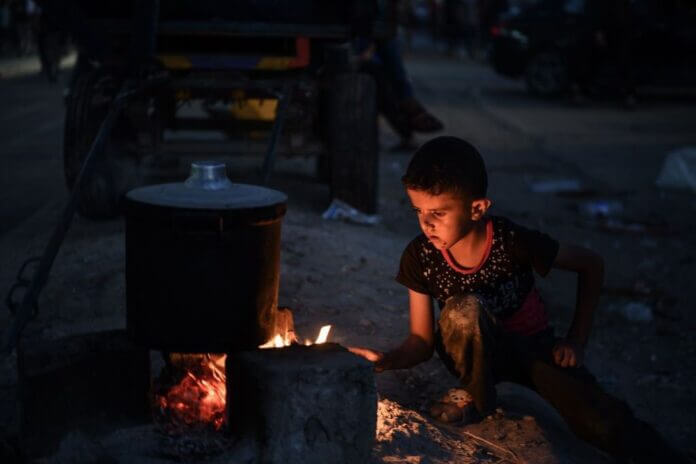The actions of Hamas on 7 Oct in Israel were barbaric and deserve condemnation in the strongest terms. The killing of over 1,400 innocent people, the raping of women, the taking of over 200 hostages, many of them elderly and vulnerable, shocked the world. Condemnations came in from all over, with the exception of Russia and China.
The response from Israel has been ferocious. With the fourth largest military at its disposal, the nation’s fury turned on the Hamas militants who have been hiding amongst the civilian population in the Gaza area. With incessant air strikes and ferocious fire power, buildings including soft targets have been bombed to the ground. The Gaza strip, with the sea on one side and Egypt and Israel blocking it on the other, is described as the world’s largest open-air prison for over 2.3 million, over half of them under the age of 18. Since the bombing of Gaza started, more than 8,500 people have been killed, including some 3,500 children. A statement from UNICEF, the UN children’s agency, called Gaza “a graveyard for thousands of children, a living hell for everyone else.”
Nations of the world need to step up efforts to prevent the unfolding human catastrophe in the Middle East. While the Israeli government has a strong need to seek revenge and not show itself as vulnerable, it may allow itself to draw out the Israel-Hamas war as long as it seeks to hold to account the 40,000 Hamas terrorists hiding among the 2.3 million civilian population.
Can India play a larger role in this catastrophic Israel-Hamas war?
“An eye for an eye will make the whole world blind,” Gandhi had once said.
India has experienced terrorism at close quarters, most noticeably when ten Lashkar-e-Taiba (LeT) terrorists infiltrated India and killed more than 160 people in Mumbai in 2008, with clear evidence of support from Pakistan. Manmohan Singh was the Prime Minister at that time; in a recent piece American author Thomas Friedman has praised Manmohan Singh and the restraint shown by India then, and the decision taken by Singh and senior Indian diplomats not to retaliate militarily. To choose to concentrate on diplomatic, covert, and other measures was the right decision for that time and place.
India has a lengthy tradition of supporting Palestinian rights, including with its vote at the UN. In 1988, it became one of the first countries to recognise a Palestinian State and has voted in favour of UN resolutions that backed the Palestinian cause, including their right to self-determination. Modi in 2018 visited the West Bank, a first for an Indian prime minister.
But the relationship with Israel has been growing stronger over the years, especially after Israel helped New Delhi with emergency supplies of arms and ammunition during a 1999 clash with Pakistan. In 2017, Modi also became the first Indian prime minister to visit Israel, upgrading ties to a strategic partnership during the trip.
As a self-proclaimed leader of the Global South, though India’s current economic interest may align with Israel, its values should align with the people of Gaza.
READ ALSO: The roller coaster saga of Israel-Hamas relations





